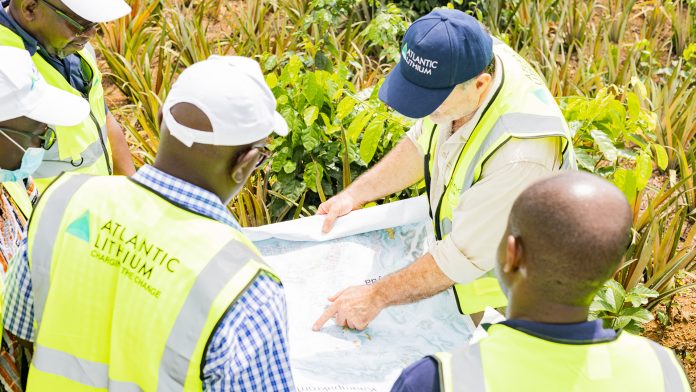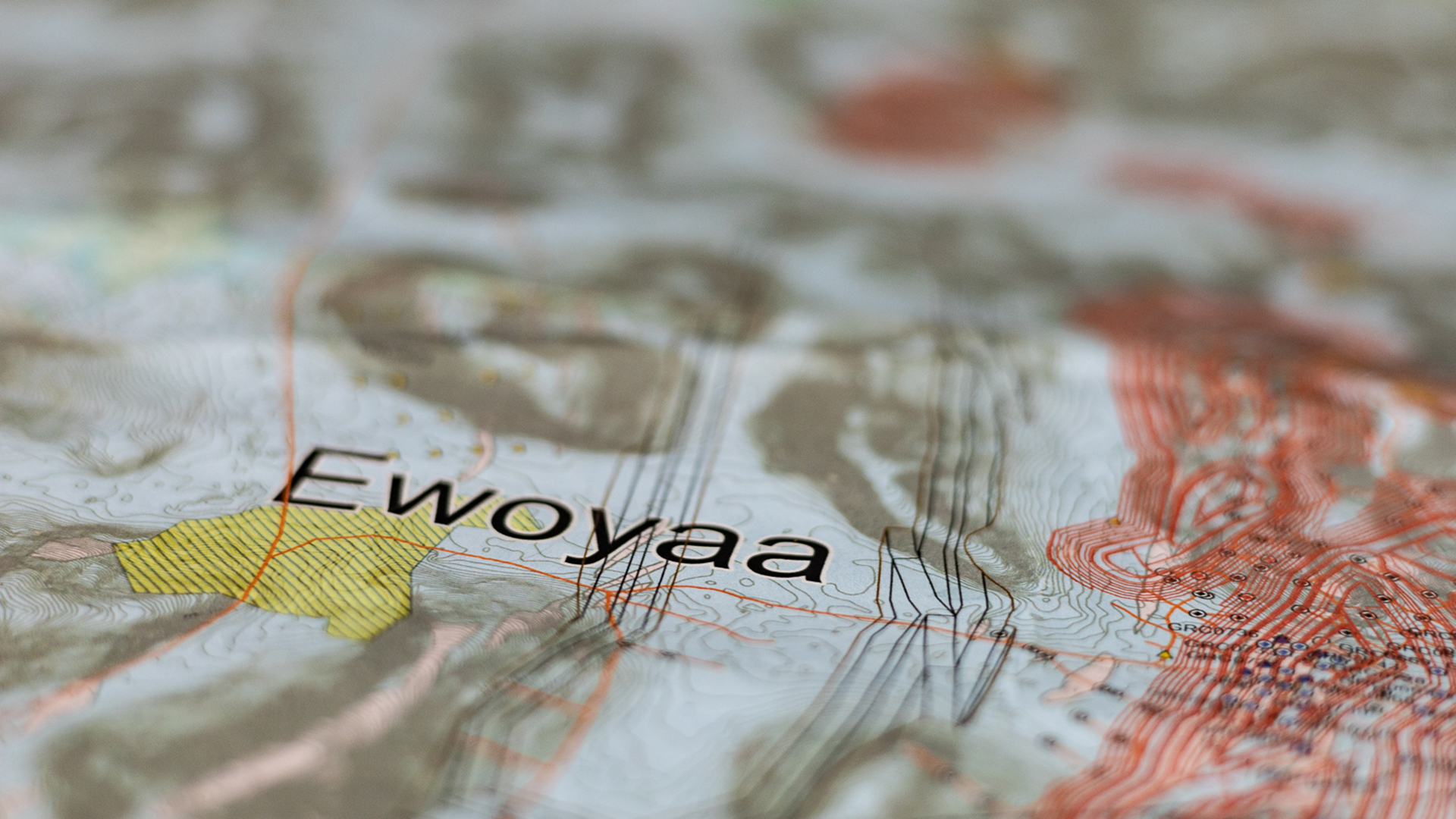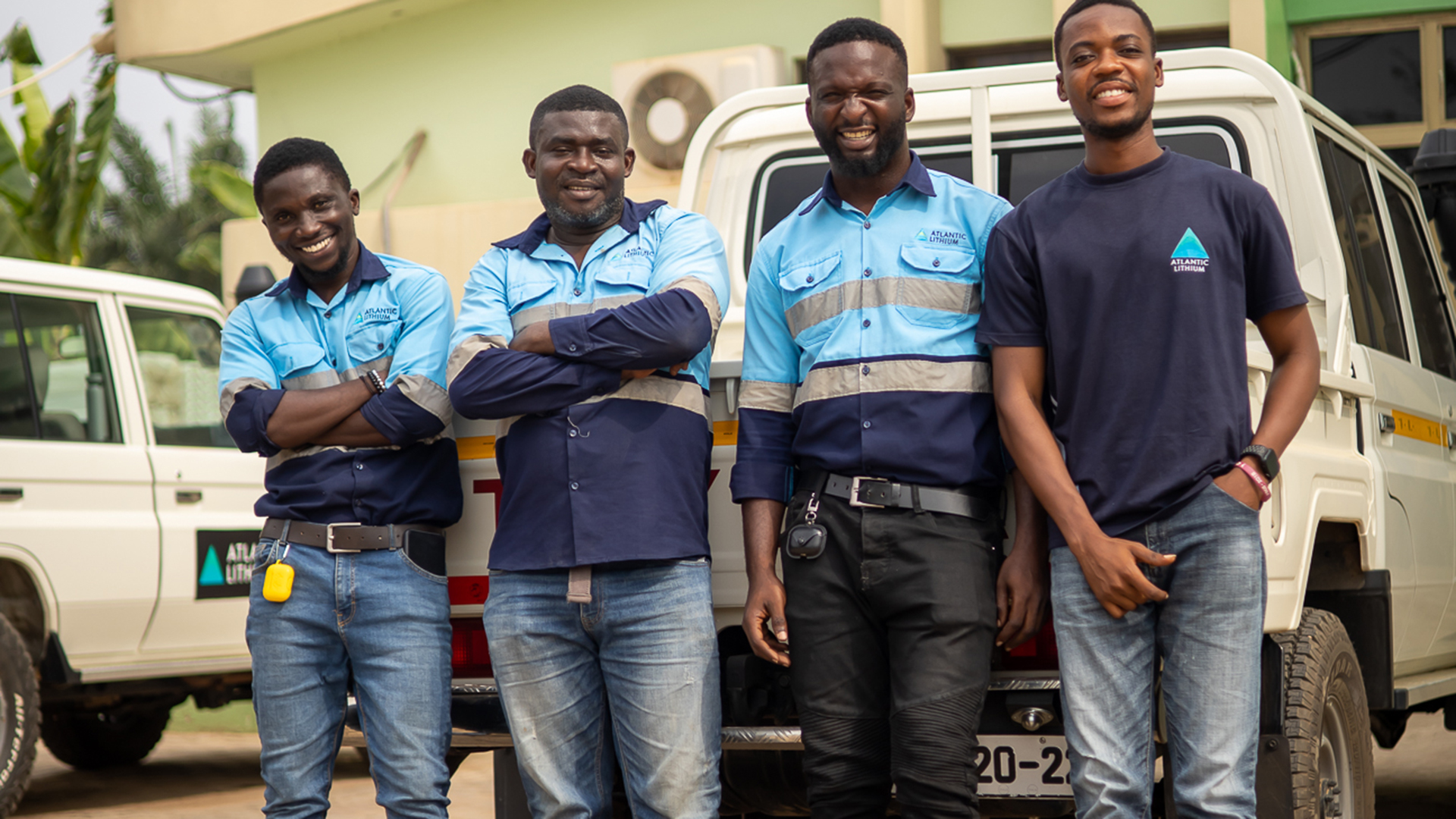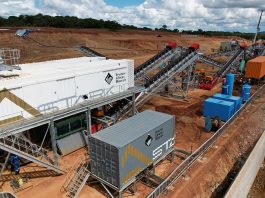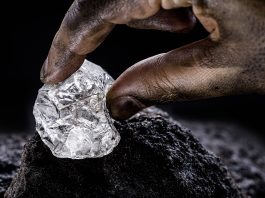Through its flagship Ewoyaa Project, Atlantic Lithium is poised to help Ghana become a leading producer of lithium in West Africa.
Benefitting from operating in a well-established mining jurisdiction, Atlantic Lithium hopes to accelerate its route to lithium production, in turn launching Ghana’s role in the global EV supply chain.
In recent years, the push for battery solutions to reduce the reliance on fossil fuels has led to a significant surge in lithium demand. Projections indicate that global demand for batteries is set to increase five-fold by 2030,1 raising concerns about the real possibility of near-to-medium-term lithium shortages.
In response to this looming threat, various industries, including chemical manufacturers and the automotive sector, are rushing to secure supply by striking direct offtake agreements with lithium mining companies.
Some argue that forecasts of falling lithium prices, due to new mines entering production in the coming years, might dampen the prospects of upstreaming. These predictions, however, do not consider key challenges that miners must navigate before achieving production.
Atlantic Lithium is in a unique position of being a junior exploration company now on a clear path through development, with its sights on commencing production at Ewoyaa as early as April 2025. Furthermore, Atlantic Lithium is one of very few near-term lithium producers with uncommitted offtake available.
Ghana, a favourable mining jurisdiction where gold production goes back over a century, is strongly supporting the project. Looking to capitalise on prices while they remain inflated, Atlantic Lithium aims to achieve early production through the deployment of a Modular Dense Medium Separation (DMS) unit, a proven technology in mining, for hard rock lithium processing.
The surge in lithium demand
The journey towards achieving net-zero emissions has led to a remarkable surge in the adoption of traction batteries, which are essential components to electric vehicles (EVs), as well as energy storage capabilities, and other clean energy technologies.
Meeting this demand poses a significant challenge. In the US alone, despite COVID-19’s negative impact on the automotive industry, electric vehicle sales in the US soared by 50% in 20202, resulting in skyrocketing lithium prices. By March 2022, lithium hydroxide prices exceeded $65,000 per metric tonne (MT), a stark contrast to the five-year average of just $14,500 per MT.
Europe too is actively pursuing its ambition to become the first climate-neutral continent by 2050, committing to sustainable practices such as renewable power, electric vehicles, and green agricultural solutions.3 Government mandates to phase out vehicles with internal combustion engines and electric vehicle adoption incentives are also widespread across the region.
While eager to promote the transition to electric vehicles, when securing supply, it is equally important to consider where the lithium is coming from. Electric vehicles heavily rely on metals like lithium, nickel, manganese, graphite, and cobalt – sectors which are all heavily dominated by China.
Currently, only five companies account for roughly three-quarters of global lithium production. Despite having larger lithium deposits in countries such as Australia and Chile, China is well ahead when it comes to lithium processing and the production of lithium-ion batteries. In 2021, of the 93,000 metric tonnes of raw lithium mined globally, China secured 40%,4 while the country accounted for as much as 80% of the lithium-ion battery market.
The concentration of lithium supply in China raises geopolitical questions. As demonstrated by the war in Ukraine, resource security and supply chain diversity have now become critical considerations. The trend of globalisation has, in part, started to reverse and, as such, countries are now working to secure robust lithium supply chains to avoid potential vulnerabilities.
In this context, Africa emerges as a crucial region for supplying its share of lithium. Atlantic Lithium has the advantage of operating in the mining-friendly African jurisdiction of Ghana and provides a promising avenue for future lithium production. Although Europe is eager to secure its own supply, this will prove difficult until it establishes its own major lithium processing facilities.
The global race to secure lithium supply
Fearing potential shortages, a wave of companies has already rushed to secure their own supply. This trend is not limited to chemical makers; even traders and original equipment manufacturers (OEMs) are actively working to secure direct access to lithium resources. In the green energy shift, OEMs recognise that gaining control of raw materials, including lithium, is essential for staying ahead of the competition in the long run.
Notable examples include General Motors, which has signed a substantial deal with Lithium America, worth $650m, to participate in the development of a lithium mine in Nevada. This stands as one of the largest investments made by an automaker to secure raw battery materials. Ford Motor Co. is another company taking proactive measures, signing contracts with global lithium suppliers that stretch up to 11 years into the future.
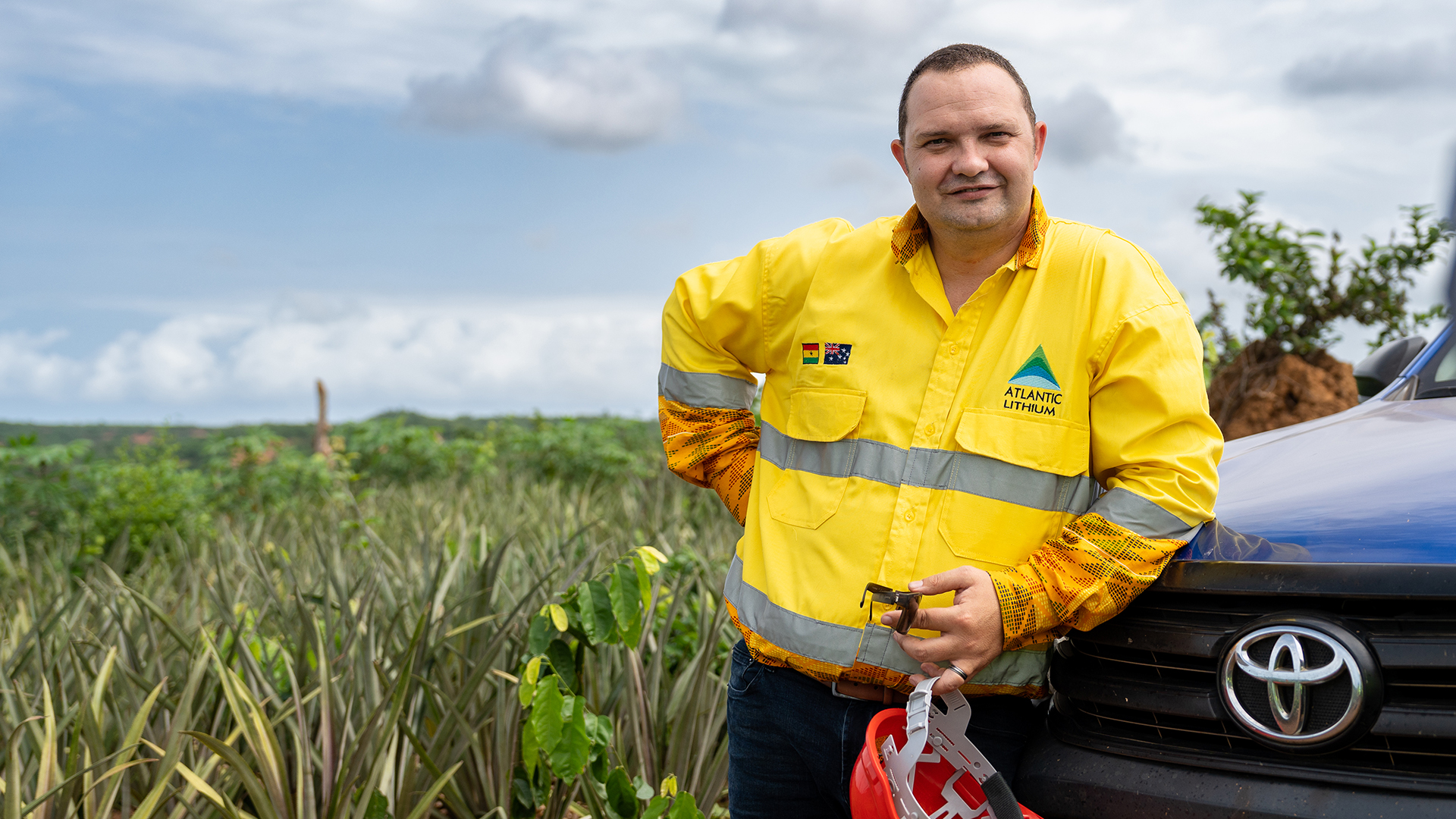
After securing a large equity investment from Piedmont Lithium, a supplier to Telsa, which includes an offtake agreement for 50% of the spodumene concentrate produced at the Ewoyaa Project, Atlantic Lithium has a route to end-users. The partnership provides Piedmont with access to spodumene concentrate to supply its Tennessee Lithium Plant, where it will be converted to lithium hydroxide to supply EV and battery markets.
Some commentators, however, are warning vehicle manufacturers against direct supply arrangements with lithium miners. Goldman Sachs has suggested that it could lead to negative consequences as lithium prices decrease and more mines come online. Goldman’s report in late-February indicates that the spot price of lithium spodumene could drop to $1,800 per tonne next year, a significant contrast to the prices hovering around $4,000 this year.5 Goldman argues that the market expects a wave of fresh supply to come on board from facilities in Chile, China and Australia, with production anticipated to increase between 22% and 42% in 2023.
Keith Muller, Chief Executive Officer of Atlantic Lithium, feels that Goldman is missing some key considerations and believes that lithium prices will stay ‘stronger for longer’. Licensing projects, especially in perceived lower-risk jurisdictions such as Europe, North America and Australia, tend to take longer than assumed by the investment bank’s analysis. In mining, not all projects achieve production within their expected timelines and not all mines will necessarily deliver lithium suitable for battery-grade applications. Muller states that, while there has been a price correction from the recent highs, there will not be enough of a dramatic surge in the supply of lithium to warrant the scale of Goldman’s predicted price reduction.
Strong project fundamentals
With a project targeting near-term production and operating in a friendly jurisdiction, Atlantic Lithium, therefore, stands out to be perfectly placed to take advantage of the current lithium market.
Atlantic Lithium’s recent Definitive Feasibility Study (DFS) for the Ewoyaa Project indicates the production of 3.6 million tonnes of spodumene concentrate over a 12-year mine life, delivering exceptional project economics, including a Post-tax Net Present Value of $1.5bn, free cash flow of $2.4bn from life-of-mine revenues of $6.6bn, an Internal Rate of Return of 105% and a short payback time of only 19 months.
Ewoyaa benefits from close proximity to operational infrastructure, with high-voltage grid power adjacent to the site, the sealed bitumen N1 highway within 1km of the deposit footprint, and being located within 110km of the major deep sea port of Takoradi and within 100km of the country’s capital, Accra.
Recognised as a well-established mining jurisdiction, Ghana’s universities offer world-leading courses in geology, technology and mine engineering. As such, Atlantic Lithium is confident it will be able to attract a skilled, local workforce.
Atlantic Lithium’s recent DFS not only outlines the benefits for the company, but also reaffirms the Ewoyaa Project’s impressive economic potential for the local community and wider region. Atlantic Lithium is already one of the leading employers and the largest taxpayer in the Central Region, and the DFS estimates that the mine will create approximately 900 new direct jobs. Operations at Ewoyaa will also generate additional opportunities for service providers and businesses closely associated with the mining sector. The company intends to support local industries through its activities, such as supplying the mine’s feldspar by-product to the Ghanaian ceramics market.
Mitigating DSO risk
In addition to delivering impressive project economics and outcomes for Ghanaians, the implementation of modern mining techniques at Ewoyaa also hopes to bring a number of benefits. While DMS is a well-known practice in the mining industry, the use of Modular DMS processing in the lithium sector remains nascent. Believed to be one of the first to do so, Atlantic Lithium intends to deploy a Modular DMS unit at Ewoyaa, shortening the project’s production timeline. The deployment of the Modular DMS plant will generate approximately $170m in Year One, which is expected to reduce the peak funding requirement for the mine plant build.
A Modular DMS plant helps miners get more out of their deposits by accelerating production timelines, offering a quicker return on investment compared to larger plants, particularly against the backdrop of high lithium prices. For Atlantic Lithium, the plant will also provide an opportunity to train staff on a small-scale plant during the construction of the main 2.7Mtpa nameplate plant, enabling the opportunity to smooth out any potential logistical challenges identified during the process.
Many mining companies rely on direct-shipped ore (DSO) as a source of early revenue. Recognising the risk of the DSO market becoming saturated in the coming years, when Ewoyaa hopes to be producing, and the growing trend in Africa away from exporting raw materials, the Modular DMS unit will enable Atlantic Lithium to mitigate the risk of a downturn in the lower-grade lithium market.
Looking ahead
With the global surge in demand for lithium to meet global climate targets, it is more important than ever for new lithium mines to enter production.
While prices are rightly expected to fall with new production coming on stream, the rate of this decline, as predicted by numerous market analysts, does not consider the potential headwinds that mines are likely to experience through the permitting and development phases.
As a near-term spodumene concentrate producer, Atlantic Lithium is perfectly placed to benefit from current demand. The Ewoyaa Lithium Project in Ghana is considered to be one of the leading hard rock lithium assets globally. With a variety of new players, including OEMs and traders, looking to secure their own direct lithium supply, Atlantic Lithium remains attractive with 50% of its offtake still unaccounted for.
One new lithium mine alone, however, will not address the growing disparity between lithium supply and demand to support the transition to net zero. As such, a global effort is needed to drive more sustainable, cost and time-effective measures of lithium production.
References
- https://www.reuters.com/markets/commodities/global-demand-lithium-batteries-leap-five-fold-by-2030-li-bridge-2023-02-15/
- https://www.mckinsey.com/industries/metals-and-mining/our-insights/lithium-mining-how-new-production-technologies-could-fuel-the-global-ev-revolution
- https://www.bloomberg.com/news/articles/2020-07-21/eu-approves-biggest-green-stimulus-in-history-with-572-billion-plan?in_source=embedded-checkout-banner#xj4y7vzkg
- https://www.wired.co.uk/article/china-lithium-mining-production
- https://www.theafricareport.com/315013/atlantic-lithium-says-goldman-sachs-credit-suisse-too-bearish-on-price-forecasts/
Please note, this article will also appear in the fifteenth edition of our quarterly publication.

